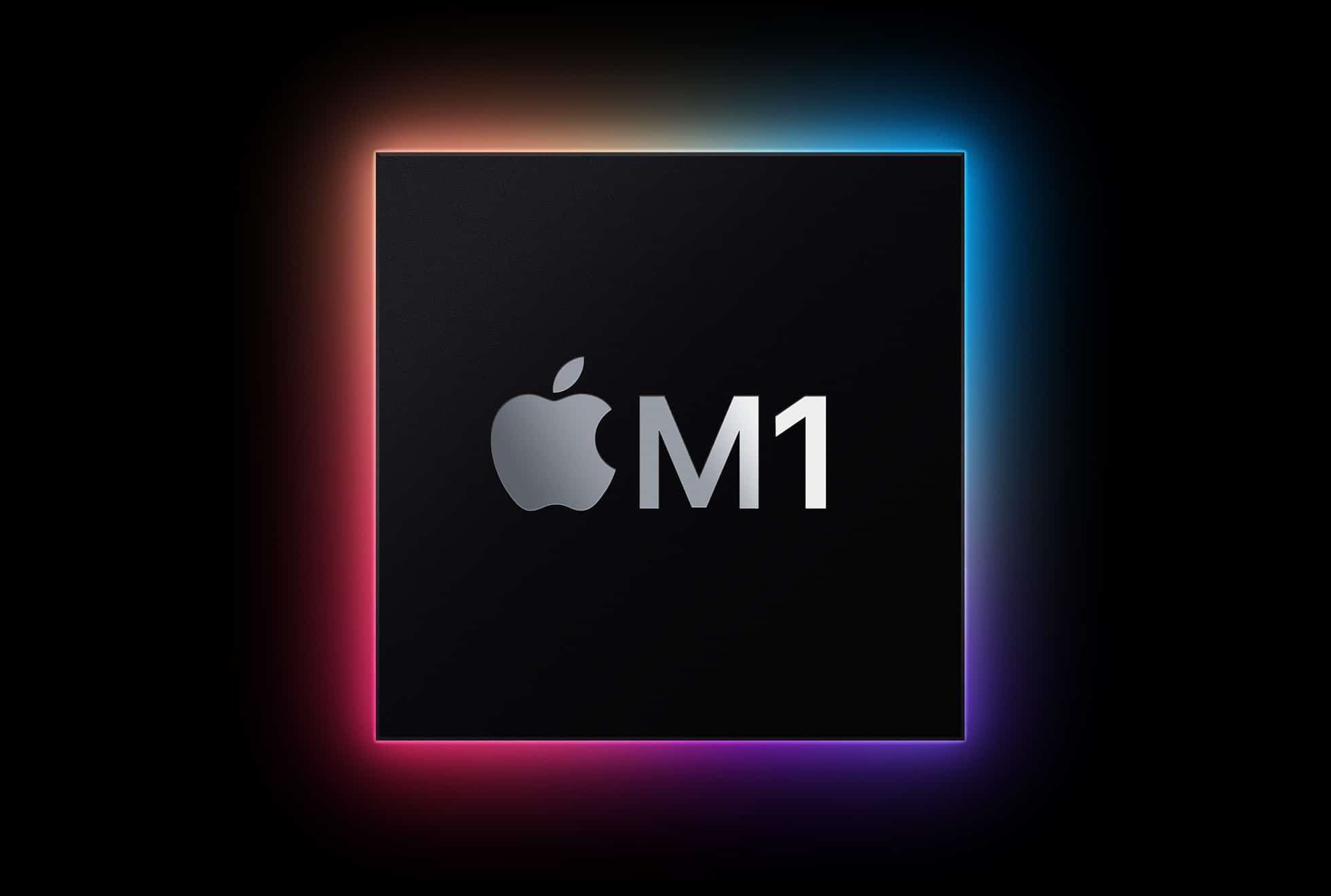
A new report claims that Apple and Intel are currently testing TSMC’s next-gen 3nm process node for their future chips. Apple is one of the largest clients of TSMC, but Intel has so far only relied on its own foundries to fabricate its processors.
Going by TSMC’s claims, its 3nm fab can help improve performance by 10-15 percent while reducing power consumption by 25-30 percent compared with 5nm chips. Apple will first use 3nm chips on its iPad lineup, with the 2022 iPhone series using chips based on the 4nm node due to “scheduling reasons.”
Apple generally uses its iPhone lineup to launch new A-series chips based on the latest TSMC process node. However, in some cases, the company has to make changes to its product lineup due to other reasons. For example, the A14 Bionic based on the 5nm node first made its debut inside the 2020 iPad Air last year after the iPhone 12 launch was delayed due to the pandemic.
The report also sheds light on how Intel plans to use TSMC’s 3nm node for its future products. The company plans to fabricate CPUs for laptops and data centers based on the 3nm node in a bid to regain the market share that it has lost to AMD in recent years. Intel’s own foundries have been struggling with 7nm and lower technologies. This has led to the company released CPUs based on the 14nm node for the last few years, leading to a steep rise in their power consumption and thermals.
Interestingly, one of the sources claims that TSMC has more 3nm chip volume planned for Intel than Apple’s iPad lineup.
As for the iPhone 13 series, Apple is expected to use TSMC’s advanced 5nm+ node for its A15 Bionic chip. This node should bring about minor power efficiency improvements over the 5nm node on which the M1 and A14 Bionic chips are fabricated.
[Via Nikkei]